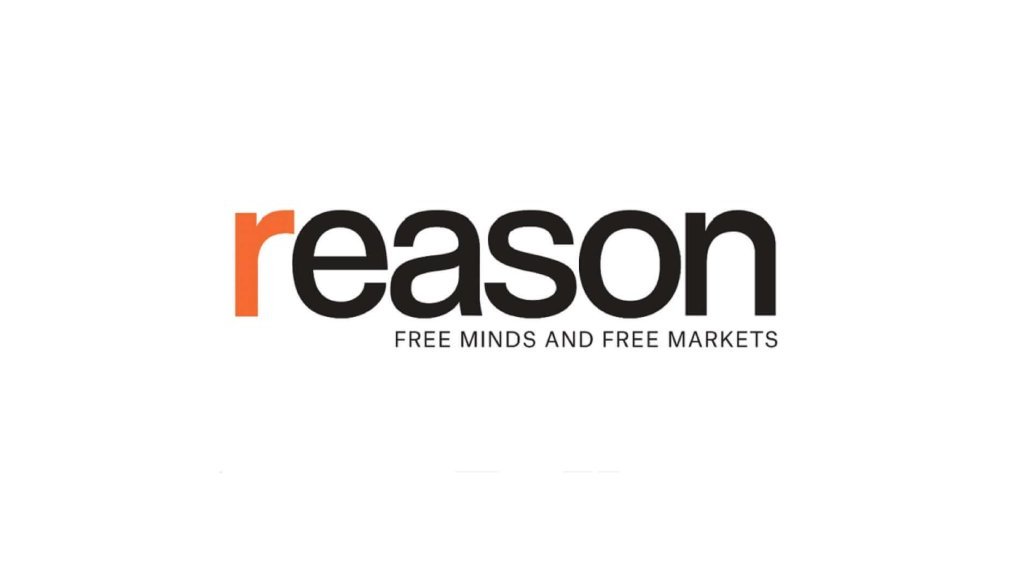Short Circuit: An inexhaustive weekly compendium of rulings from the federal courts of appeal
Please enjoy the latest edition of Short Circuit, a weekly feature written by a bunch of people at the Institute for Justice.
This week, a federal judge granted IJ clients a temporary restraining order in our third case challenging new federal rules for money-services businesses along the Mexican border—rules that will drown honest people in paperwork and catch no drug traffickers. The scoreboard? Three cases, three TROs. Read all about it in The New York Times.
New on the Short Circuit podcast: Religious liberties that will delight your local pogonologist.
- The Local Resident Voting Rights Amendment Act of 2022 gives noncitizens the right to vote in D.C. local elections, so long as they’ve lived in the district for at least 30 days before the election. Seven citizens challenge the law, alleging that it unconstitutionally dilutes their votes. District court: You and everyone else. No standing. D.C. Circuit: Reversed. “The litmus test is not numerosity but concreteness.” Vote dilution is a concrete injury, even if all voters suffer it.
- During lineup, Nassau County, N.Y. detectives put shooting suspect on two phone books to make him appear taller. They also cover his hair, which was braided—the perp’s was too short to braid. The victim identifies him, and he spends nearly 10 years in prison before exoneration. Second Circuit (over a partial dissent): “With enough artifice and disguise, almost anybody may end up fingered.” No QI for the detectives.
- Louisiana prison nurse diagnoses inmate with a muscle strain in his hip after he gets hurt walking around the yard. Holy freak accident! The hip is broken. District court: While the initial misdiagnosis can be forgiven, it’s a problem that she falsely reported after a follow-up visit that he could walk, had full range of movement, and that his pain was improving. No QI. Fifth Circuit (per curiam): Reversed.
- Texas gasoline producers: Hey EPA, you’ve been “ignoring comments that flagged flaws” for your new fuel standards! EPA: Well, maybe we didn’t fully respond but we kind of did. At least. A bit. Fifth Circuit: “[T]hat half-hearted defense is lipstick on a pig.”
- Louisiana passes a law requiring all public schools to display the Ten Commandments in every classroom. An Establishment Clause violation? Louisiana: What?! We just have a sincere secular interest in ensuring that students appreciate this foundational document of our state and national gov’t. Fifth Circuit: Funny, then, how all the law’s sponsors talked about how the display would inculcate Christian religious values. Preliminary injunction affirmed.
- Lake County, Ohio detainee goes without his medication for a week, has a heart attack, dies. Sixth Circuit: No QI for prison nurse who didn’t call his pharmacy to verify his prescriptions or take 10 minutes to get the necessary release form filled out. Dissent: Now everyone in CA6 who dies in jail because they were briefly without their medication has a constitutional claim.
- Allegation: When Michigan prisoner threatens to file a grievance against a guard, the guard says, “Do it, and I will f*** you up again, n***er.” Is that an adverse action that would deter a person of ordinary firmness from filing a grievance? Sixth Circuit (unpublished): A mere threat (or even a mere threat coupled with spitting in an inmate’s face) would be fine. But this inmate has alleged a pattern of racist remarks, physical harm, and threats of physical harm. Case undismissed!
- Wayne County, Mich.
Article from Reason.com

The Reason Magazine website is a go-to destination for libertarians seeking cogent analysis, investigative reporting, and thought-provoking commentary. Championing the principles of individual freedom, limited government, and free markets, the site offers a diverse range of articles, videos, and podcasts that challenge conventional wisdom and advocate for libertarian solutions. Whether you’re interested in politics, culture, or technology, Reason provides a unique lens that prioritizes liberty and rational discourse. It’s an essential resource for those who value critical thinking and nuanced debate in the pursuit of a freer society.



